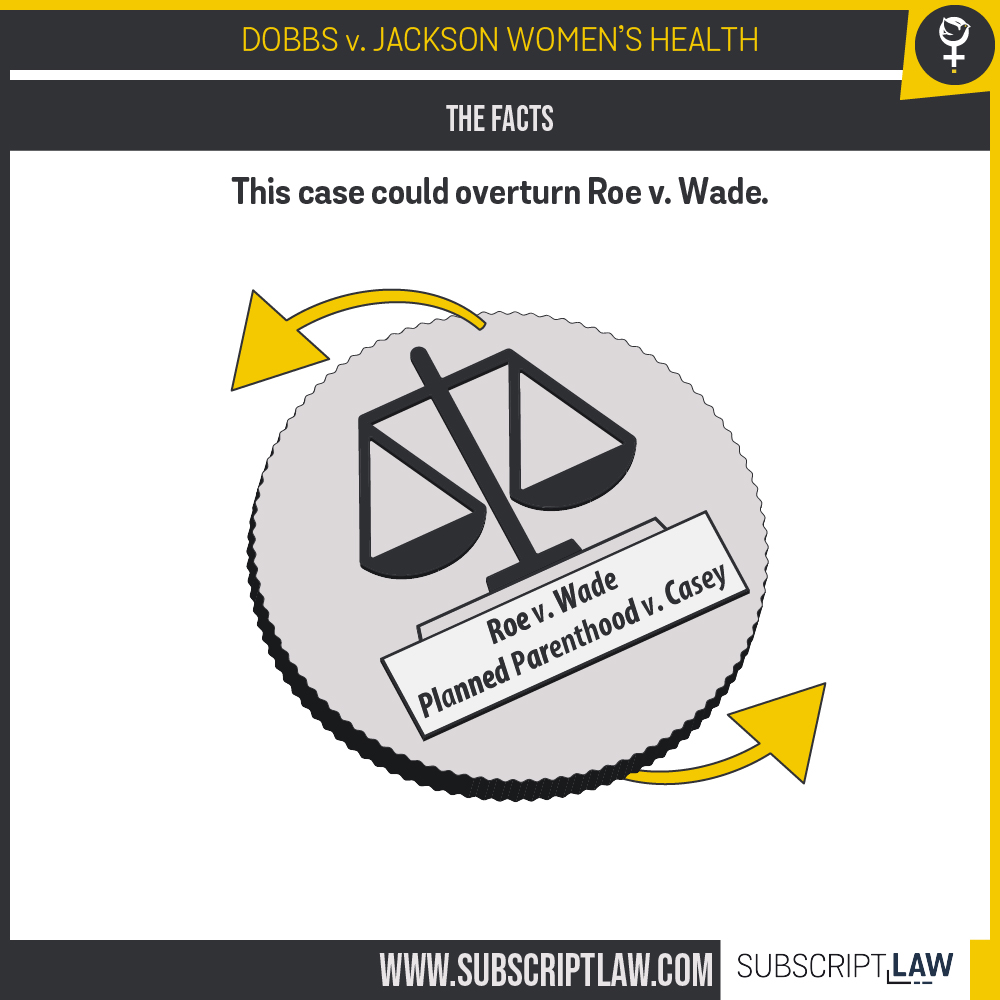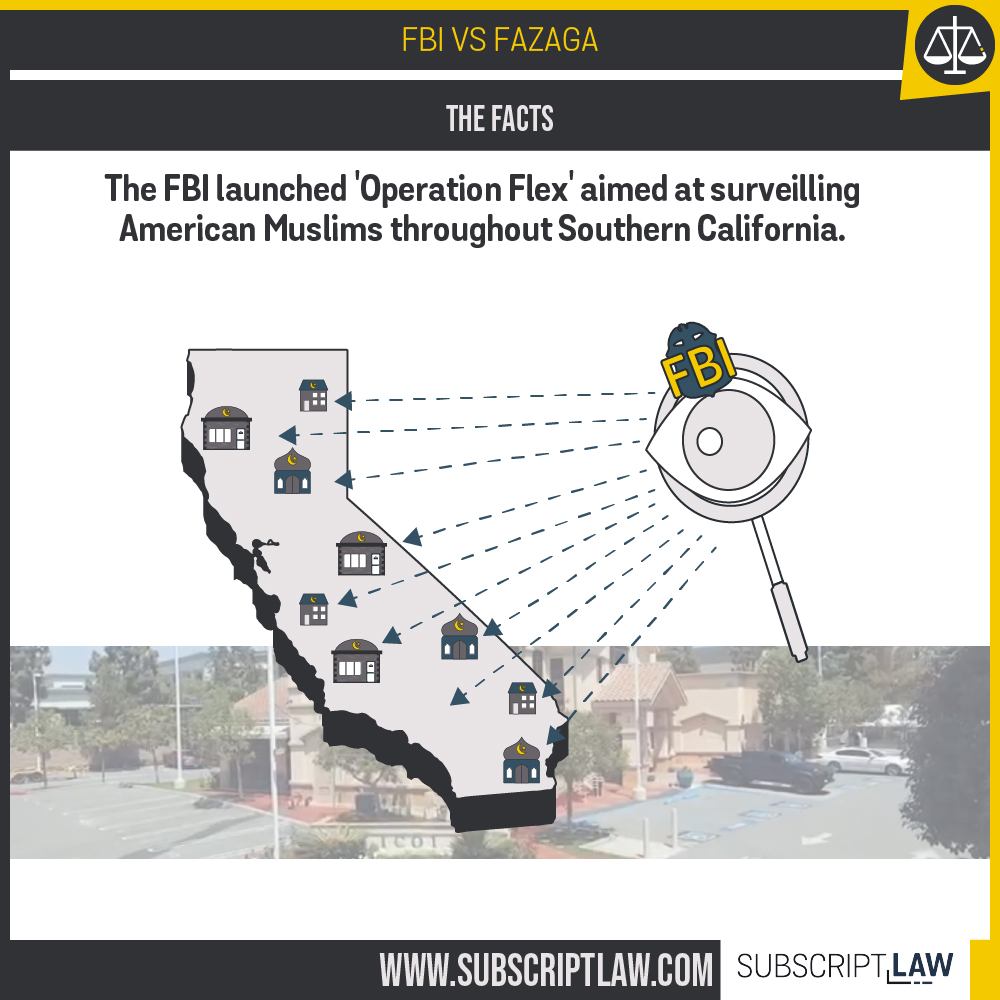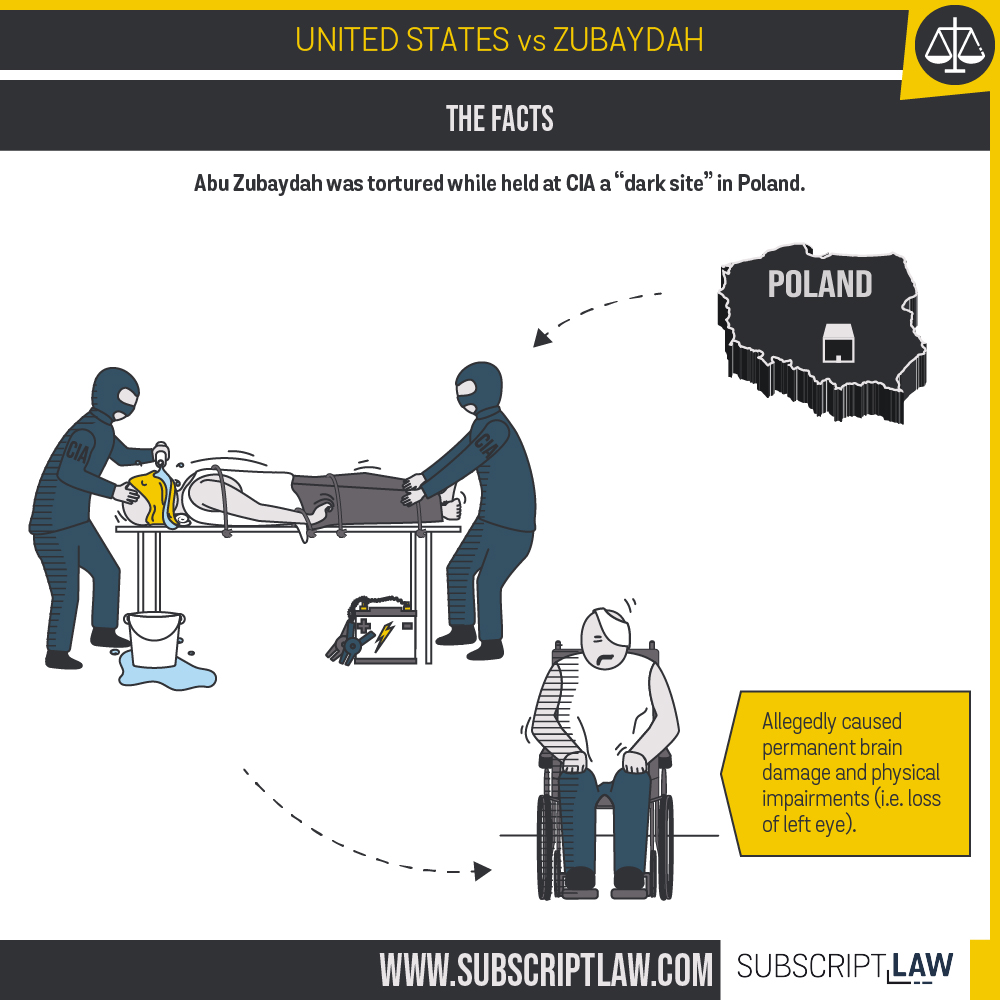Justice Thomas loves guns but his distaste for civil rights claims is stronger.
Justice Thomas voiced his devotion to the Second Amendment today by voicing a strong dissent as the Supreme Court denied review of a California gun law (leaving in place a law making gun purchasers wait 10 days). But he also stood against a Second Amendment claim in another case.

That was the decision today in Class v. United States. Thomas joined the dissent.
The case
Rodney Class pled guilty to a law making it illegal to carry a firearm on United States Capitol grounds. He represented himself. After that, on appeal, he wanted to challenge the law on Second Amendment grounds.
The Supreme Court was asked to decide if Class’s guilty plea waived his right to appeal on constitutional grounds.
The decision
The Supreme Court said no. It said some claims are, indeed, waived by pleading guilty. Even constitutional ones. For example, you give up your trial rights (right to confront your accusers; the right against compulsory self-incrimination) and certain procedural rights (the right to challenge evidence). Additionally, you admit to the facts, so you can’t take that back.
But, the Court said, you do preserve certain types of claims. Claims that challenge the very nature of the charge brought against you – these are saved. That’s what Class had in his constitutional claims (including the Second Amendment claim). The Supreme Court said he can proceed with those claims on appeal despite having pled guilty.
The Court’s justification and the dissent
The Court relied on a handful of Supreme Court decisions spanning from 1869 through 1975 that discussed the entailments of a guilty plea. According to the Court, those decisions specified that pleading guilty does not wash away any potential argument about the fairness of your conviction. In the most recent two of the cases, for example, individuals who had pleaded guilty still had the opportunity to appeal on constitutional grounds. We highlighted those two cases (Blackledge and Menna) in our earlier report on this case. Read the court’s analysis in Section II of the opinion (starting on page 3).
The dissent said the Court’s decision left a lack of clarity on the issue. The “string of catchphrases” used in the decision to justify which types of claims could be preserved after a guilty plea caused a “muddle.” The lack of clarity indicated that the decision was wrong, and the potentially broad scope of the ruling is inconsistent with prior rulings of the Supreme Court. To the dissent, a guilty plea waives all “nonjurisdictional challenges to his conviction.” The dissent found support in a 1989 case, United States v. Broce, and then attempted to distinguish Blackledge and Menna (but basically said those two cases are incoherent).
Procedural rights in criminal cases
The conservative wing of the Court (which includes Thomas) tends to oppose defendants’ procedural rights in criminal cases. Thomas fairly consistently sides with law enforcement on procedural issues, which makes his presence on the dissent here no surprise.







